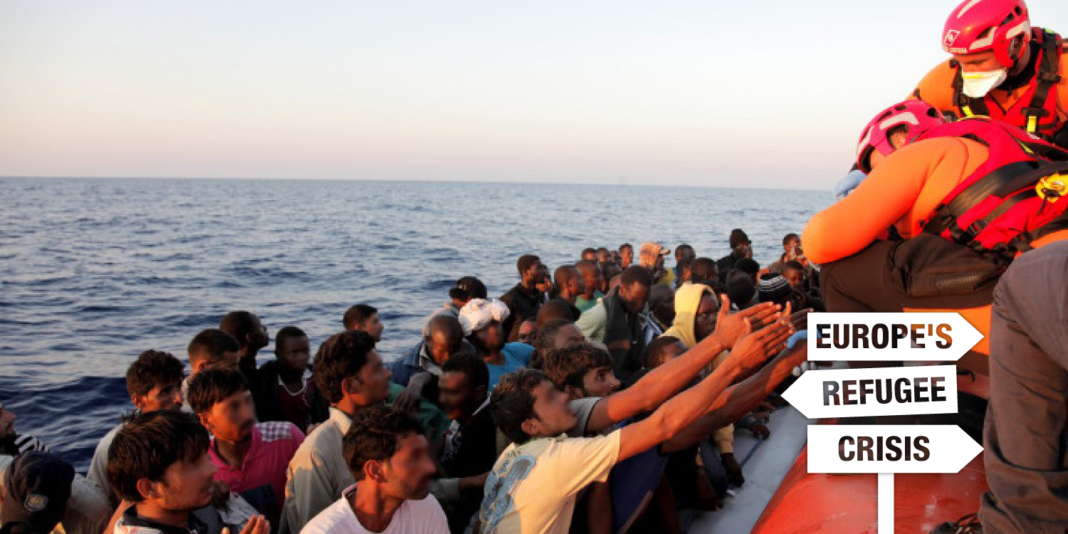European and African ministers have met in Tunisia about efforts to regulate the flow of refugees from Africa to Europe, primarily along the deadly central Mediterranean route originating in Libya.
In a declaration Monday in Tunis, the capital, the ministers said they agreed on a multi-pronged approach to the crisis, including informing people about the risks of illegal migration and the possibility of voluntarily returning home, addressing why migrants leave home and beefing up actions against human traffickers.
Participating in the meetings were interior ministers from Algeria, Austria, Chad, Egypt, France, Germany, Italy, Libya, Mali, Malta, Niger, Slovenia, Switzerland, Tunisia and Estonia, which currently holds the EU Council presidency.
Through the first half of 2017, nearly 84,000 migrants arrived in Italy by sea, 20 percent more than during the same period last year. Detention centers and temporary shelters that Italy has for migrants have reached their maximum capacity of 200,000 people, but there are many other migrants in the country working illegally.
The meeting in Tunisia focused on Libya, French Interior Minister Gerard Collomb said, since 95 percent of the migrants crossing the sea to Europe set sail from Libya. The ongoing political upheaval in Libya makes the problem worse, Collomb said, adding: “As long as a stable government is not in place, the control of this flux cannot be assured.”
The European Union has proposed training and financing to increase the capabilities of Libya’s coast guards, and last week the bloc also approved new rules for refugee-rescue ships operating in the Mediterranean. The vessels that charities operate to rescue refugees stranded on the open sea are now forbidden to coordinate their movements, either by phone or signal lights, with people-smugglers who pick up would-be migrants in Libya and sometimes leave them stranded at sea.
The refugee-rescue ships also are now required to stay out of Libyan territorial waters, where they previously have picked up asylum-seekers close to shore. Any vessel that breaks the new rules risks being banned from Italian ports.
Humanitarian ships now pick up more than a third of all migrants attempting the perilous Mediterranean crossing from Libya to Italy, compared to one percent in 2014.
Not all stranded migrants are rescued. More than 2,200 people died this year during unsuccessful attempts to cross the Mediterranean, according to the International Organization for Migration.
In their final declaration in Tunis, the ministers agreed that their countries should try to address “the root causes of irregular migration” and “strengthen the exchange of strategic and operational information on criminal networks for trafficking in human beings.”
The statement said public development aid is needed to fight the causes of migration and create more opportunities at home, as well as to help border authorities with training, equipment and infrastructure.
“We have to stick together,” said Dimitris Avramopoulos, European commissioner for migration. He insisted “Europe is not a fortress,” but added that legal migration procedures must be followed.







